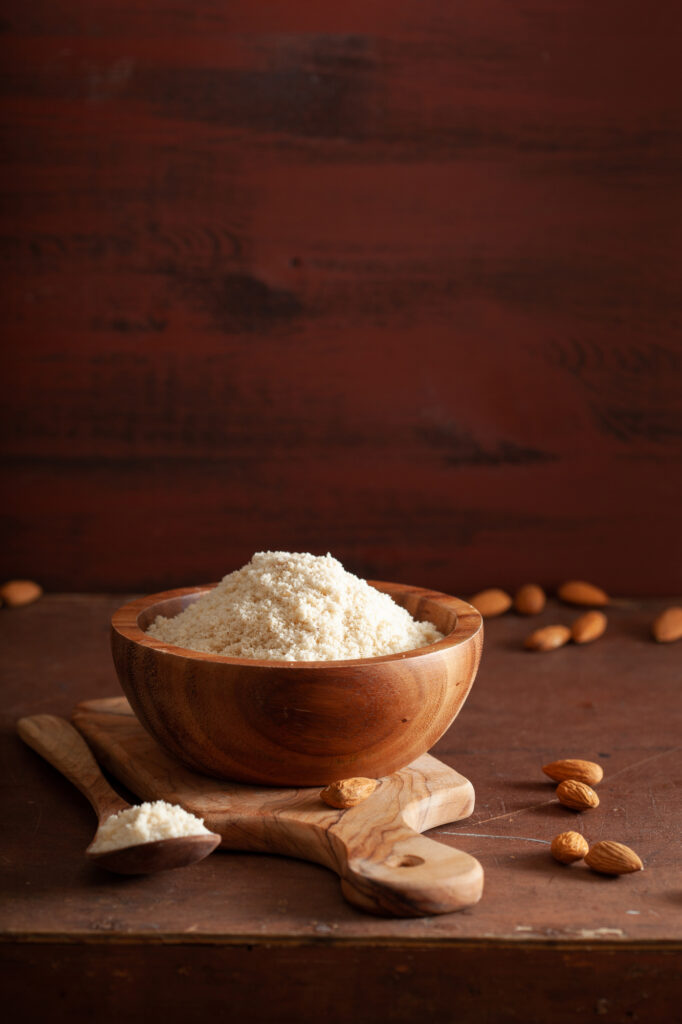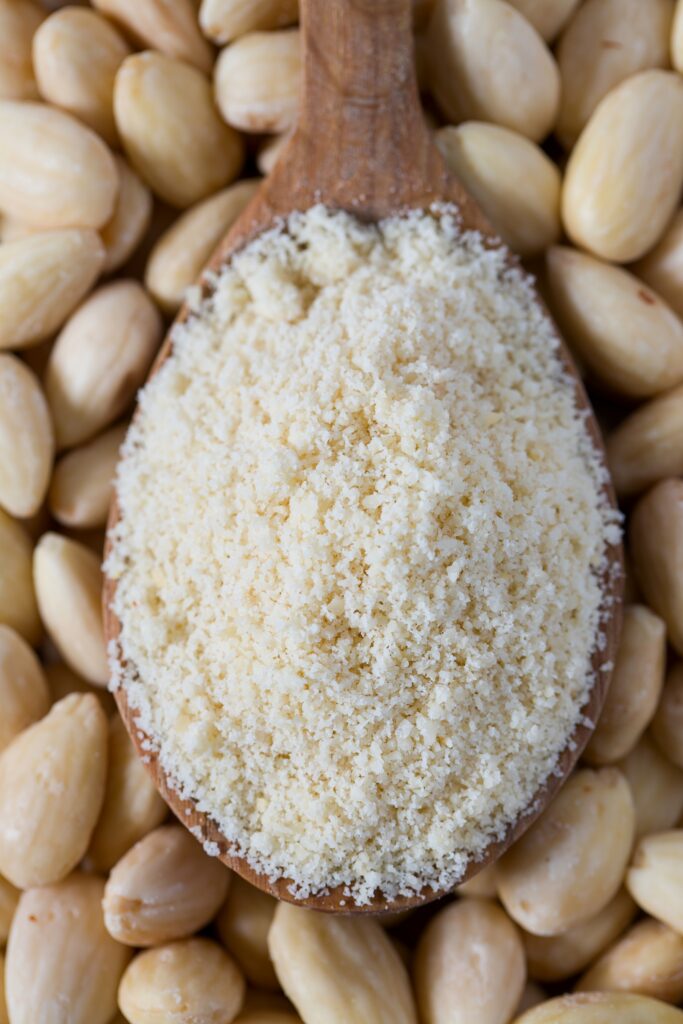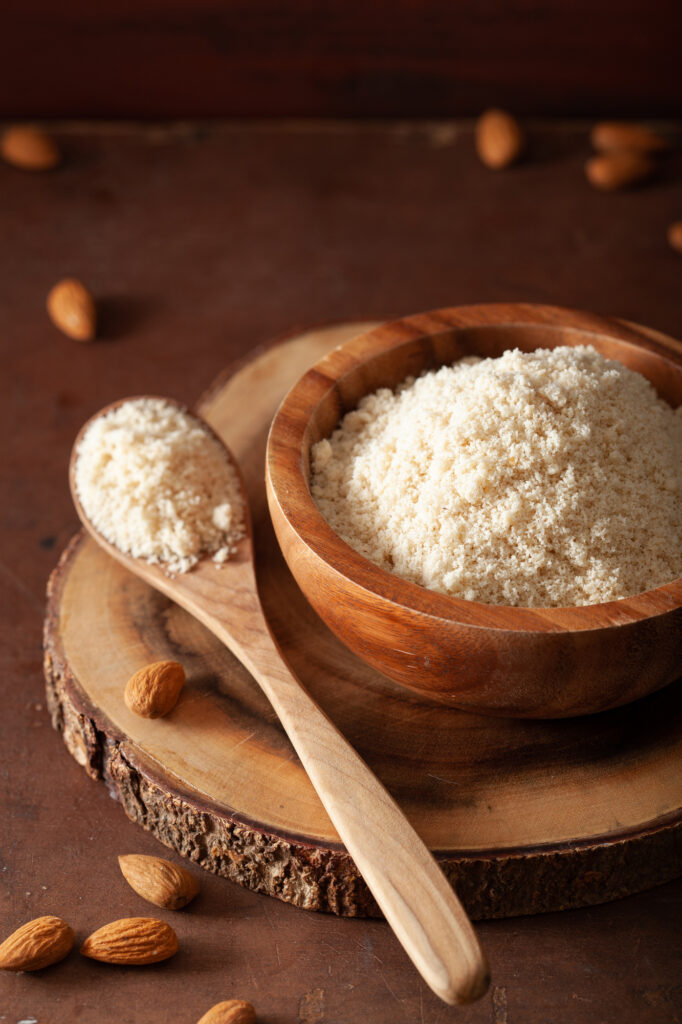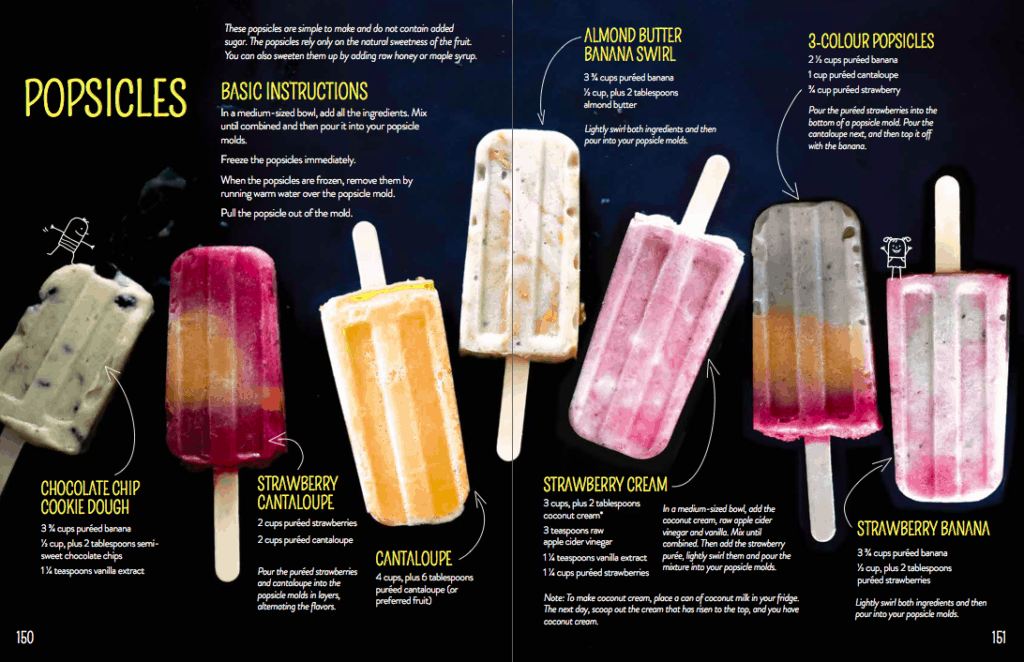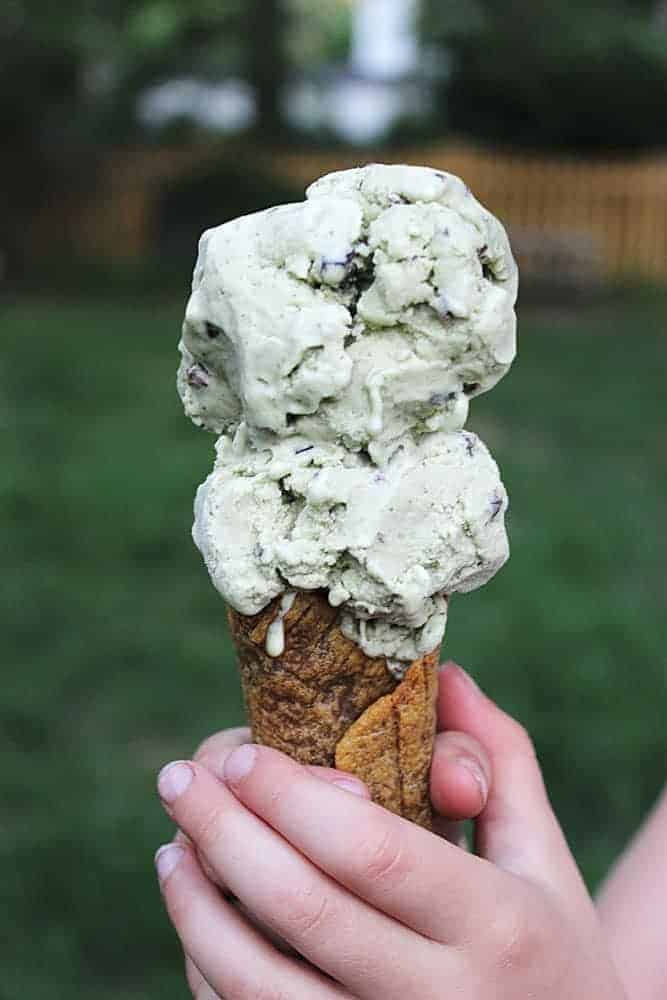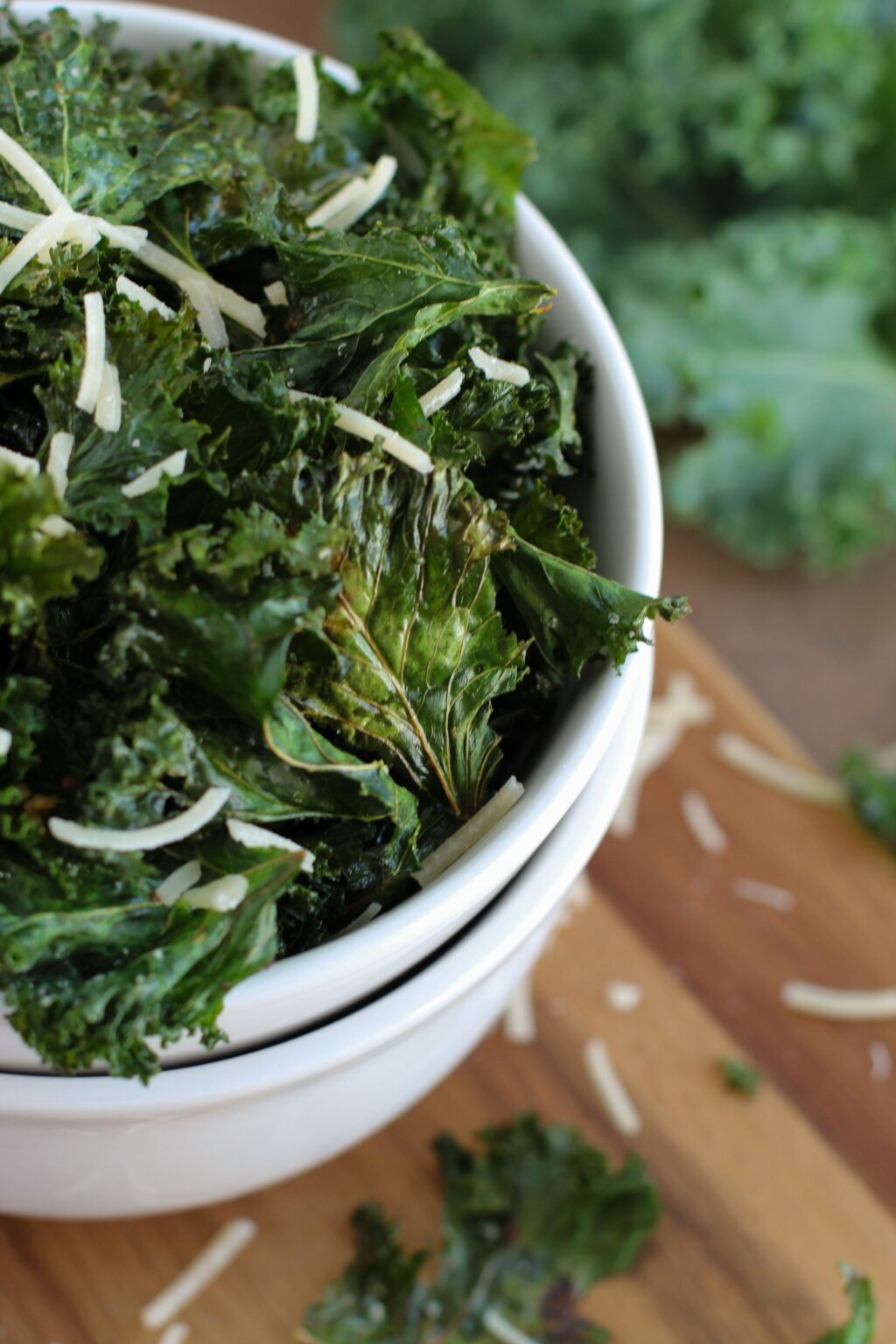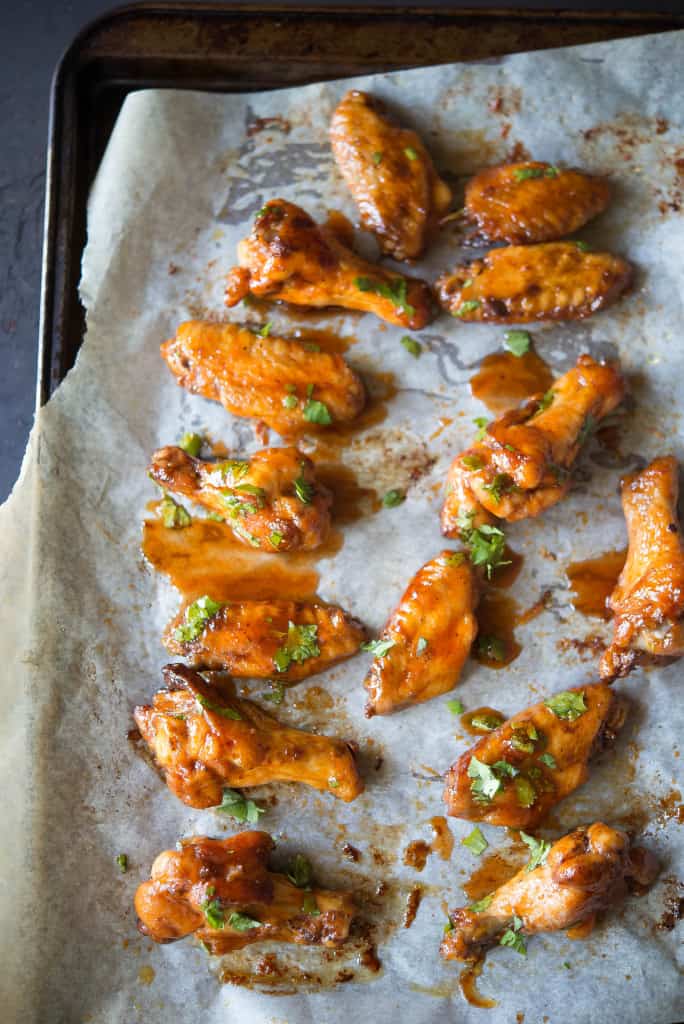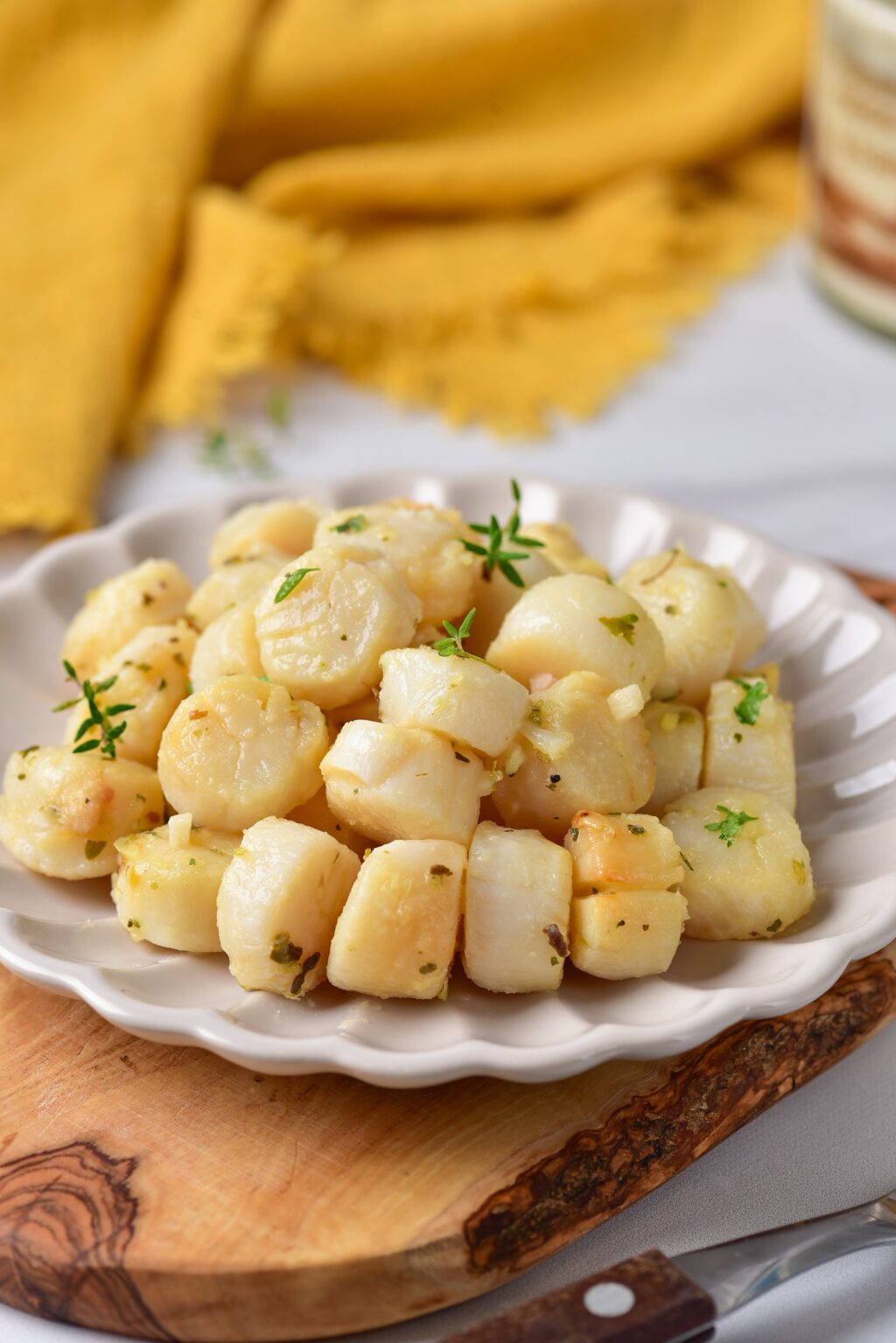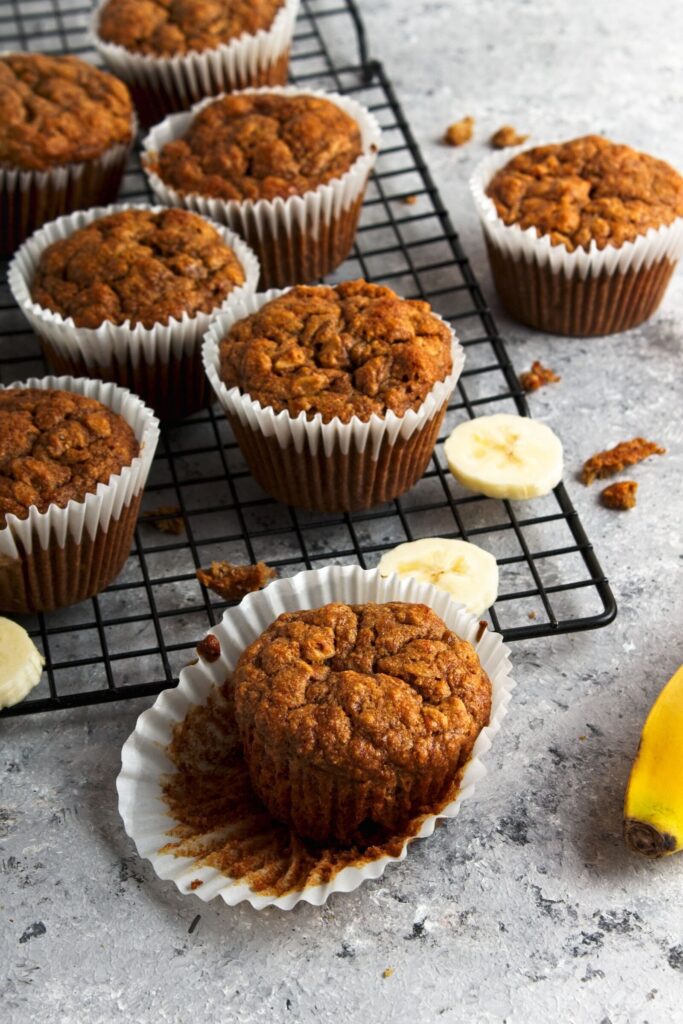Does Almond Flour Go Bad? 4 Ways to Check!
This post contains affiliate links including Amazon affiliate links.
Can almond flour go bad?
Almond flour, just like a lot of gluten free baking ingredients is expensive and we never want to waste it. Does almond flour go bad? Yes, it can and I’ll share the signs to look for and how to extend its shelf life.
Does Almond Flour Go Bad? 4 Signs
Here are a few signs to look out for to determine if almond flour has gone bad:
- Visual inspection: Check for any discoloration or mold growth on the almond flour. If you notice any green, black, or white spots, it’s an indication of spoilage, and the flour should not be consumed.
- Smell: Give the almond flour a sniff. If it has a rancid or unpleasant odor, it is likely spoiled and should be discarded.
- Texture: Almond flour should have a fine, texture with a bit of grit. If you find any clumps, hardened portions, or signs of moisture, it may have absorbed moisture or gone bad.
- Taste: If the almond flour has an off or bitter taste, it could be a sign it went bad.
It’s important to note that almond flour has a relatively short shelf life compared to whole almonds because it contains the oils found in almonds, which can turn rancid over time.
To maximize almond flour’s shelf life, store almond flour in an airtight container in your refrigerator or freezer.
If you suspect that your almond flour has gone bad or you’re unsure about its freshness, it’s best to err on the side of caution and discard it.
Using spoiled almond flour can lead to an unpleasant taste and potentially cause foodborne illness.
Is it ok to use expired almond flour?
Yes, it is ok to use expired almond flour as long as it doesn’t taste odd, smell bad, or have mold.
How long does almond flour last after expiration date?
Almond flour usually lasts 1-2 months after the expiration date if stored at room temperature. It can last up to a year if you follow these almond flour storage tips.
DISCLOSURE: Not intended for the treatment or prevention of disease, nor as a substitute for medical treatment, nor as an alternative to medical advice. Use of recommendations is at the choice and risk of the reader. Ditch the Wheat is a participant in the Amazon Services LLC Associates Program. As an Amazon Associate I earn from qualifying purchases. I may receive monetary compensation or other types of remuneration for my endorsement, recommendation, testimonial and/or link to any products or services from this blog. I only endorse products that I believe in.
Carol Lovett is the founder of Ditch the Wheat and a Globe and Mail bestselling author of the cookbook, Ditch the Wheat. She has been eating gluten free since 2010. She loves all things food, natural living, and spiritual. She's also a reiki master and crystal healer.
Gluten Free Resources
Do you need help with gluten free meals?
I recommend this meal-planning app. It makes cooking gluten free dinners extremely easy and family-friendly.
What gluten free snacks can I eat?
Lots! I have a ton of practical gluten free snack recipes in my cookbook.
How can I eat dessert on a gluten free diet?
You can 100% eat dessert while eating gluten free. Try my dessert cookbook for easy gluten free dessert recipes.
How do I know what is gluten free and what isn’t?
I have a whole section is it gluten free?
How do I make substitutions?
If you need substitution advice I created a ton of resources here.

